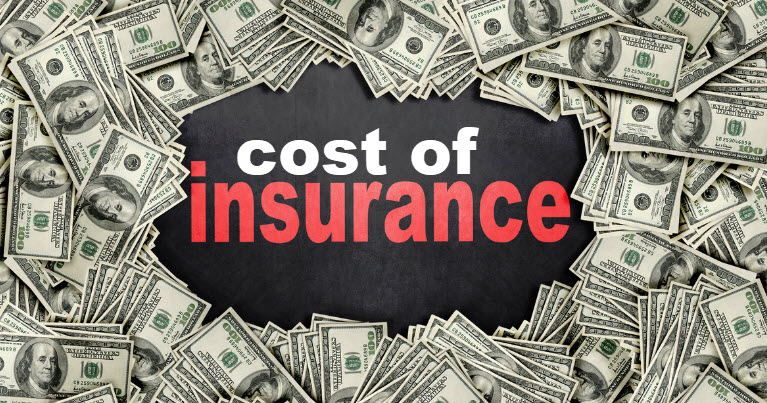As this may be the age when you are the most healthy and fit, you may not be thinking about life insurance. Let’s take a look at why it may be good for you.
It is absolutely normal to not want to get life insurance when you have just gotten out of college and have just entered or are entering the job market. You will probably have a mountain of student debts and the last thing that may be on your mind at that point is getting a life insurance policy. You are most likely to be focusing on other financial instruments first such as maybe setting up your first 401(k) and at that moment it may be particularly difficult to justify another expense. But the fact of the matter is that your early 20s are the best time to get life insurance and the following few paragraphs will help explain it to you.
Life Insurance Coverage
The first thing that has to be mentioned here is that there is a wide variety of different types of insurance available and all of them are geared towards doing certain things for you. The first type, which is permanent life insurance and includes whole life insurance, is a type that will never expire just as long you make sure that the payment of premiums is kept up to date. Another huge advantage of this type of insurance is that whole life generally comes with an extra financial benefit which you can use during your lifetime and it is known as the cash value. This is on top of the guaranteed money your beneficiaries will receive when you pass away. This type of insurance also grows in value over your lifetime on top of providing insurance protection at the current moment.
Also note, that your cash value is safeguarded against fluctuations that may happen in the market. What this means is that it will be there when you need it. You are doing all of this while the financial protection of the life insurance is maintained. Most important of all, this type of insurance will never expire just as long as the premiums are up to date.
The other major type of life insurance is known as term life insurance. With this type of life insurance, the financial coverage promised will only last for a defined period of time which is the chosen term. This has the potential to range up to 30 years. This type of life insurance is also initially much more affordable and it also provides the loved ones in your life with a kind of financial protection. However, the disadvantages of this type of life insurance also has to be mentioned. For one thing, it does not have a cash value benefit and when the term is up, the coverage will be up too. It also has to be settled differently from prosperity insurance settlements. Property loss pre-planning too is way different from setting up for a life insurance scheme. If you are to pass away during the term, your beneficiaries are covered but this type of life insurance has no cash value.

Why You Should Get it While Young
One of the main reasons why we encourage young people to get life insurance is because being young has a definite advantage in terms of costs. Just for example’s sake, a 30 year old can get whole life insurance at just about $450 per month. To put things into context, the same life insurance will cost someone who is 40 years old about $650 per month and when you are 50 years of age, it will cost more than a thousand dollars per month. To once again put things into perspective, that is the cost of a good vacation such as an Alaskan cruise or maybe even an Euro trip. If we are to talk about a, for example, 20 year term life policy, which costs much less than whole life anyway, the amount that you will be saving by getting it while young can easily pay for an Iphone upgrade every year. Apparently that is something that really attracts young people.
On top of all the things mentioned above, another major advantage of getting life insurance while young is that you may be eligible to add more coverage as you age. This can be done without the need for a proof of health process all over again. Also, on the other hand, if it does happen that you forget about the issue and then apply for a new policy much later on in your life, you will most likely be required to go through the proof of health process once again. This can mean that you may be denied for a number of reasons that range from your occupation to the known health history.
About the author: Adrian Flemming is a senior content executive at Ask An Adjuster, a Florida based public adjuster firm. He loves to critically analyze issues related to insurance and claim settlement. His years of industry experience comes from him working closely with premium level public adjusters dealing with a wide array of insurance settlements.

